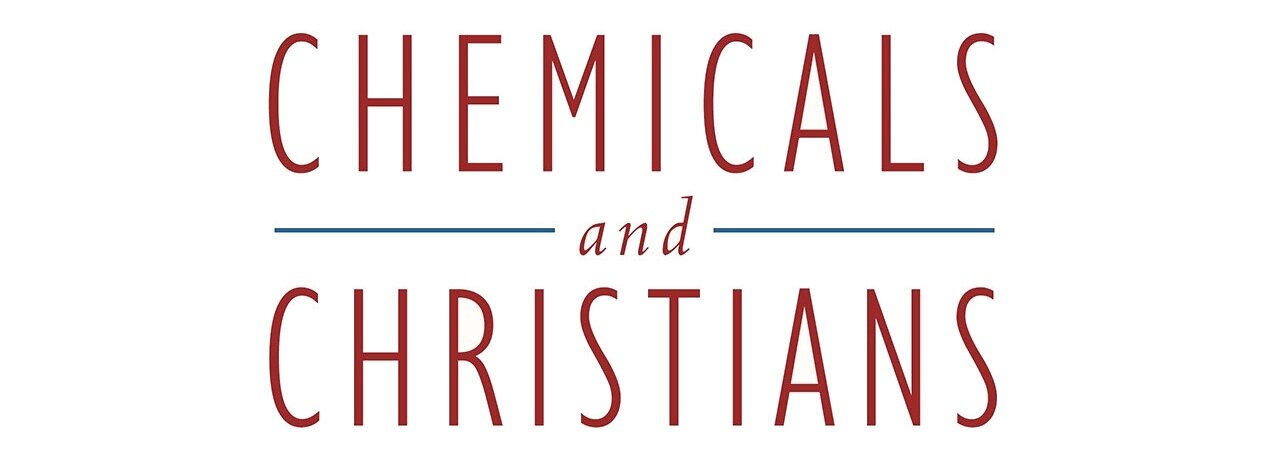I’m not a millennial and I don’t play one on TV. (The fact that I used that reference and actually remember where it came from is proof, if you needed any.) I often read articles about millennials, though, partly just out of general curiosity and partly because I have a couple of sons in that age group. Lately there seem to be a lot of articles about things millennials aren’t buying or using. If you type “millennials don’t use” into the Google search bar, suggested endings to the sentence include “doorbells,” “credit cards,” “napkins,” “email” and “fabric softener.”
In part I read what I can about millennials because I’ve been trying to figure out whether our society is making progress in understanding the enormous problem of toxins in common products. Is the younger generation more aware of the issue and more likely to make changes? Sometimes I think so and sometimes I don’t. The decline in the use of fabric softeners, for instance, has been seen by some as a sign that millennials prefer to use fewer chemicals. Others say it’s simply related to economics and lifestyle. There are confusing trends. While fabric softener use is declining, the use of “scent beads” in the laundry is increasing, which is certainly unfortunate.
One widely publicized fact about millennials is that they’re much less likely than previous generations to attend church. There are certainly plenty of theories about why that is. I tend to pay most attention to the articles written by millennials themselves, and one in particular got my attention.
It’s titled "12 Reasons Millennials Are Over Church” and what made me sit up and take notice is reason number nine. The author writes, "We want you to talk to us about controversial issues (because no one is). People in their 20’s and 30’s are making the biggest decisions of their entire lives: career, education, relationships, marriage, sex, finances, children, purpose, chemicals, body image. We need someone consistently speaking truth into every single one of those areas.” Did you catch that? “Chemicals” was on the list. The author says, in essence, that one of the reasons people from his generation are leaving the church is because no one is speaking truth to them about chemicals. Wow.
There's a truth about chemicals that needs to be spoken. The truth is that there aren’t sufficient regulations in the United States to keep unsafe products off the market or to remove those already being sold, and the implications for human health are staggering. Health advocates continue to wage a David and Goliath battle against well-funded industry interests in an attempt to introduce meaningful legislative change, but as it now stands, we must each take responsibility for educating ourselves and acting on what we learn. I believe with all my heart that the people of God have a responsibility to confront this issue and to be the ones who demonstrate that we value human beings enough to be counter-cultural in the products we buy and use.
How about it, friends? Can we open our eyes to the importance of this? Can our churches start with easy steps like removing synthetically scented air fresheners, switching to fragrance-free soaps, and using less toxic cleaning products? Can we get to the point where we think about toxicity when we build or renovate? This is an issue of health — not just the physical health of humans made in the image of God, but the spiritual health of a generation that is watching us for signs of leadership and courage. We can do it. Let’s start now.








